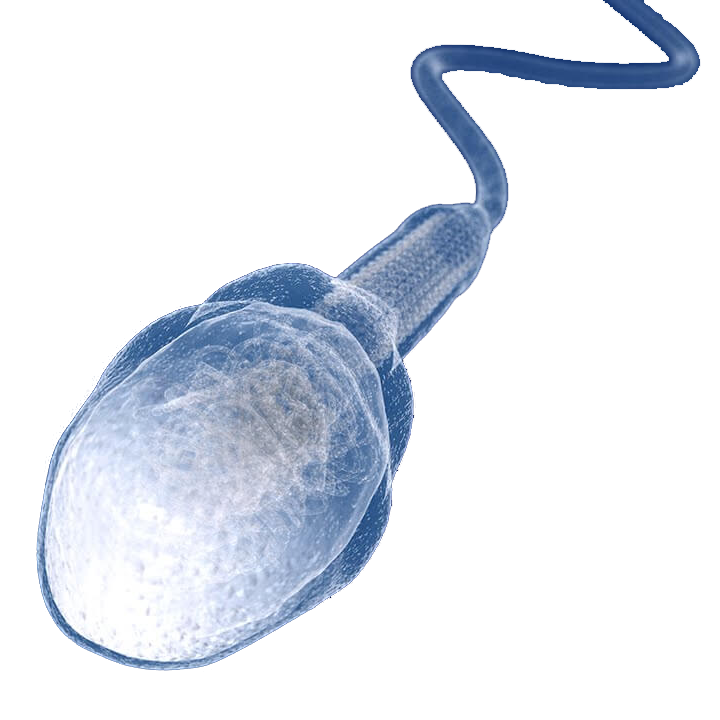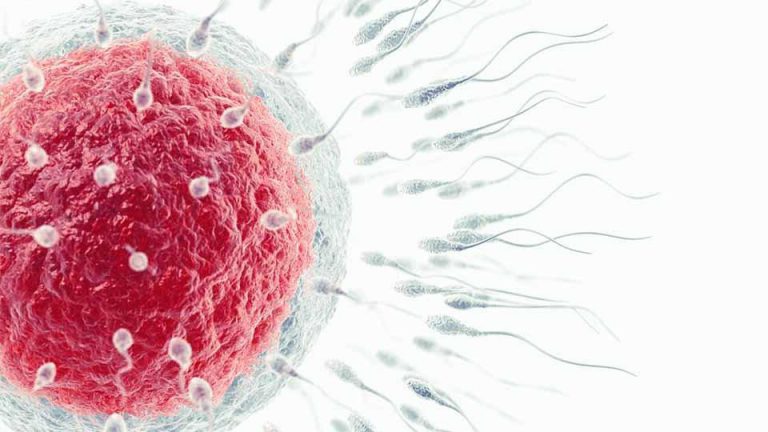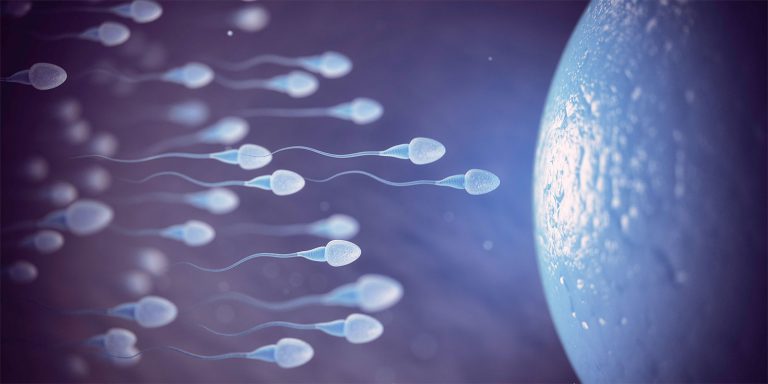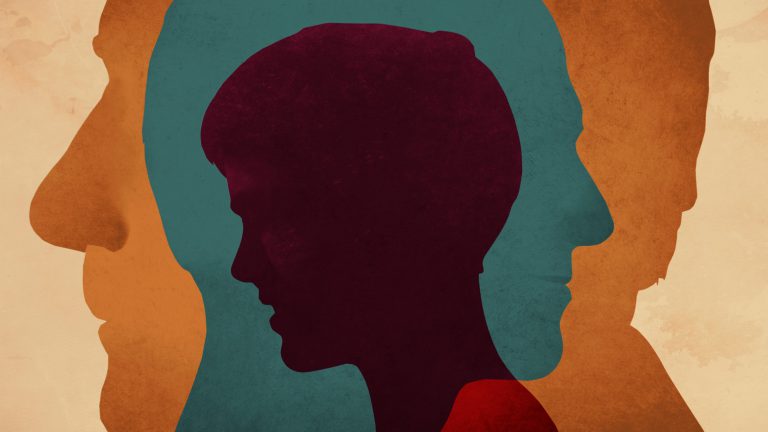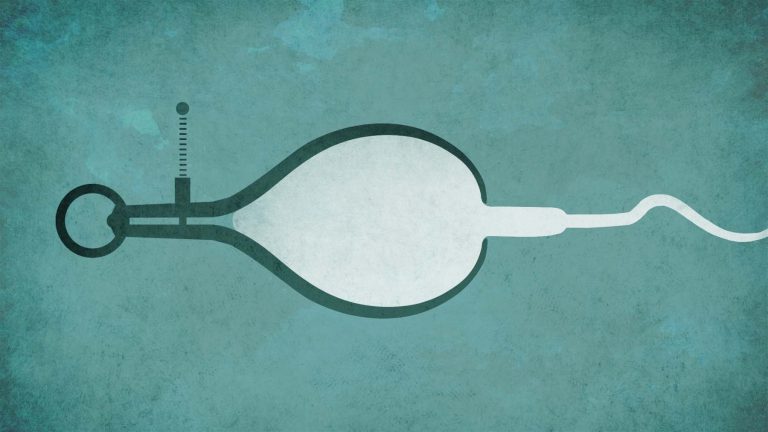A miscarriage is the spontaneous loss of a pregnancy before the 20th week of gestation. Most miscarriages occur in the first trimester, before the 12th week of pregnancy.
Around 10 to 20% of known pregnancies end in miscarriage – but the true number of miscarriages is probably much higher, because many women miscarry before they even realize they are pregnant.
First Trimester Pregnancy Loss (Early Miscarriage)
In general, “loss” means that the embryo or fetus has died or never formed completely. About 80% of the time this occurs during the first trimester, so this is often what is meant by the term miscarriage. However, there are several types of miscarriages with different terms depending on when it occurs or is detected. Other types of miscarriages include:
Chemical Pregnancy – This is where a sperm and egg join, so a pregnancy test may show a positive result, but the pregnancy never occurs and a woman still gets her next period. This is typically because there was a problem with implantation or early embryo formation. This is likely the result of abnormalities in one or both of the parent’s DNA. While conception did occur, for most couples this may just seem like a false positive pregnancy test.
Ectopic Pregnancy – This is when a pregnancy implants outside the uterus, typically in the fallopian tubes. If the tube ruptures as the pregnancy grows, this could require serious medical attention.
Blighted Ovum – An early miscarriage that occurs when an egg is fertilized and implants in the uterus, but the embryo doesn’t develop. The gestational sac continues to grow, but the embryo doesn’t develop.
Symptoms of a Miscarriage
Symptoms and signs of a miscarriage vary from pregnancy to pregnancy and might include:
– Spotting or bleeding from the vagina
– Pain or cramping in the abdomen or lower back
– Tissue passing from the vagina
– White-pink mucus passing from the vagina
– A sudden decrease in pregnancy symptoms
– Contractions
All of these symptoms may occur in a normal pregnancy, so it’s important to consult with your doctor if you are pregnant and have any of these things occur. Most women who experience first trimester bleeding do not miscarry. Miscarriage should be diagnosed professionally when possible, via blood tests or ultrasound.
Risk Factors for Miscarriage
Although none of the below factors are thought to directly cause miscarriage, having any of these factors increases your risk of miscarriage. (Remember, many women who have these factors go on to have perfectly normal pregnancies).
– Being older than 35
– Having had previous miscarriages
– Smoking
– Abuse of alcohol or drugs
– Being over- or under-weight
– Having invasive prenatal testing, like amniocentesis or chorionic villus sampling
– Psychological stress
Causes of Miscarriage
Roughly 50%-60% of miscarriages are associated with chromosome problems – either the developing embryo or fetus doesn’t have enough chromosomes, or has too many. The link between these genetic abnormalities and the parents is unclear. However, epigenetic abnormalities in a parent’s DNA are known to correlate with poor embryo development and could have a link to miscarriages as well. These epigenetic abnormalities can be caused by external factors such as aging, environmental exposure, diseases like cancer, diet, and weight. You can learn more about epigenetics here.
Occasionally, a health condition on the part of the mother may cause miscarriage. Some conditions that could potentially cause a miscarriage (but do not always cause miscarriage) include:
– Diabetes
– Infections, such as rubella, herpes simplex, or chlamydia
– Thyroid problems
– Uterine or cervical problems, such as trauma or fibroids
– Autoimmune disorders, such as lupus
– Hormonal disorders, such as elevated prolactin or low progesterone
Despite persistent folk myths about the subject, the following routine activities are not known to cause miscarriages:
– Exercise
– Sex
– Working (as long as you aren’t exposed to radiation or dangerous chemicals)
Miscarriage Support
Miscarriage can be devastating. A large-scale study published in 2011 showed that women who have had miscarriages are at higher risk for depression and anxiety for up to three years afterward.
If you or someone you know has suffered a miscarriage, there is help available. A doctor or counselor can help with developing coping strategies to deal with the grief. There are also organizations like Share, dedicated to providing support to families grieving pregnancy loss or infant loss. Sometimes it can help to speak to others who know what you are going through. Share has over 75 chapters nationwide and also provides support through online communities.

